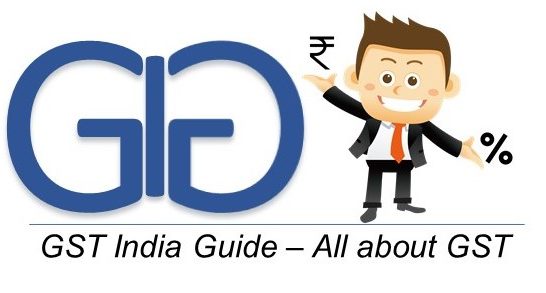An employer-employee relationship is something which is no longer the sole purview of the HR department. Under GST, which is set to be introduced from July 1 , the taxman could also be probing into various facets of it. GST would be payable if there is a supply of free goods or services to an employee exceeding the stipulated sum, if an employee avails of a company asset for personal use (say , a car), it would trigger GST.
Also, input tax credit will not be available on supply of various facilities to employees, including life and health insurance.
Read All About GST from Beginning
TOI spoke to tax experts to decode some grey areas in some provisions in the GST bills tabled in Parliament on Tuesday .
Supply made without consideration (to employees):
The taxable event under GST is the supply of goods and services. Supply of goods or services to a related party (a term that includes employees) without consideration, when made in the course of furtherance of business, is taxable under GST.
An exception has been carved out in the GST Bill. Schedule 1 provides that `gifts’ not exceeding Rs 50,000 in value in a financial year by an employer to an employee shall not be treated as supply of goods and services.
“The moot question is whether provision of a certain facility is a `supply of goods and services’ or is it a provision of a benefit to employees arising out of an employment contractual obligation?” asks Sunil Gabhawalla, CA and indirect tax expert. According to him, certain benefits that are made available to employees, like a shared car for dropping employees back home or even food provided in the cafeteria should be out of the purview of this provision and not subject to GST.
POSSIBLE GST RATES ALL COMMODITES SEARCH YOUR PRODUCT HERE
The term gift has not been defined in the GST bills. Going by its dictionary meaning, a gift is something voluntary supplied without any consideration. It does not stem from any contractual obligation. Seen in this light, given that the term `gift’ has been used for carving out the monetary exemption, only items incidental to employment, like an award to an employee, or Diwali gifts should come under the GST levy, if these exceed the monetary limit per employee,” says Uday Pimprikar, indirect tax partner, EY India.
Use of assets:
Schedule II relates to activities to be treated as supply of goods and services. Here, clause 4(b) provides that where goods held for the purpose of the business are put to any private use, whether or not for a consideration, such usage would result in a supply of services and a GST levy .
Denial of input tax credit:

